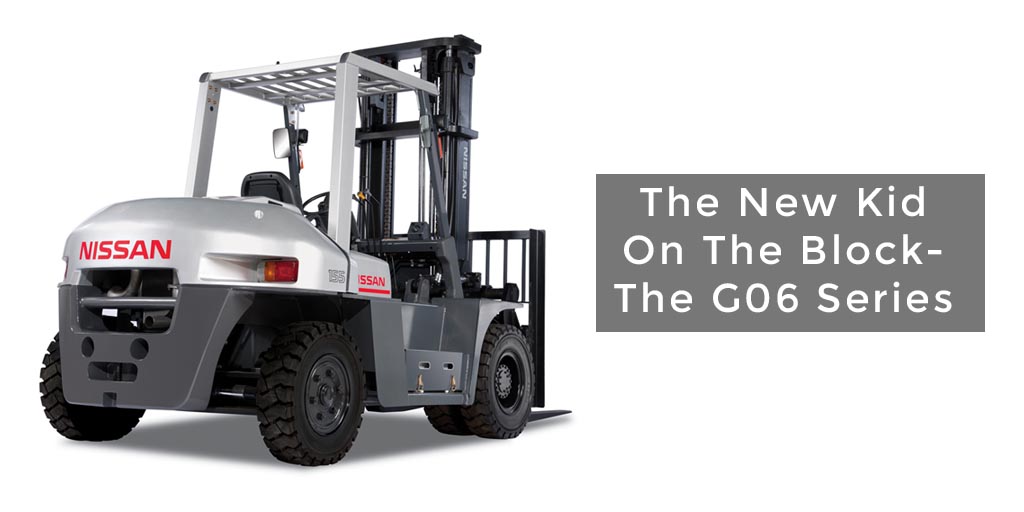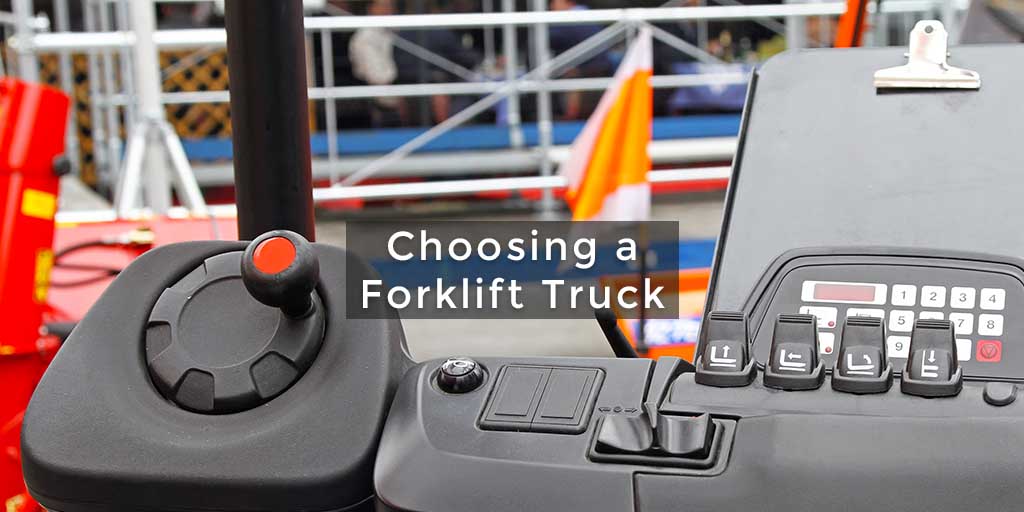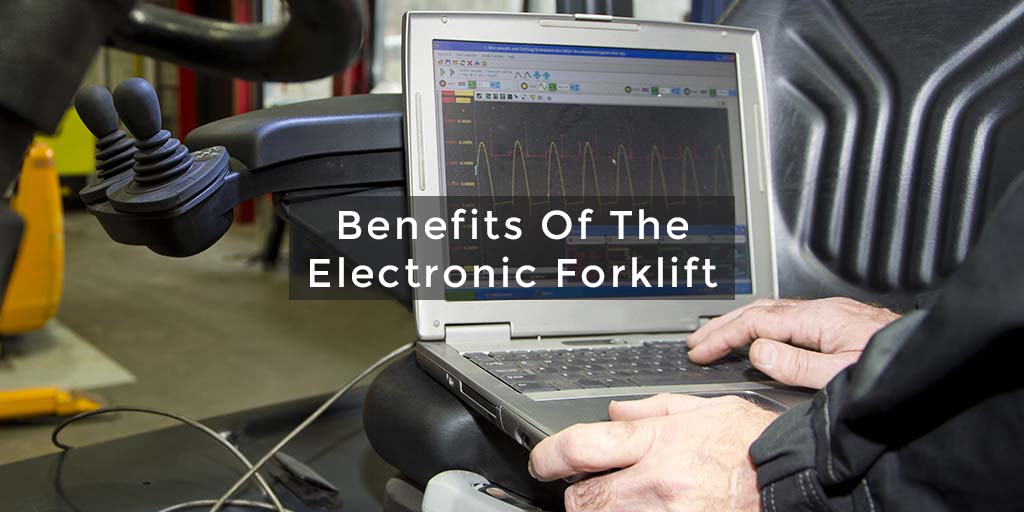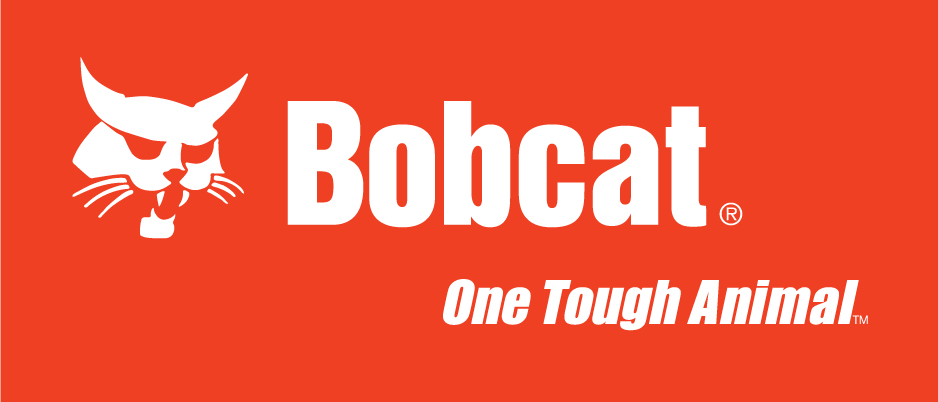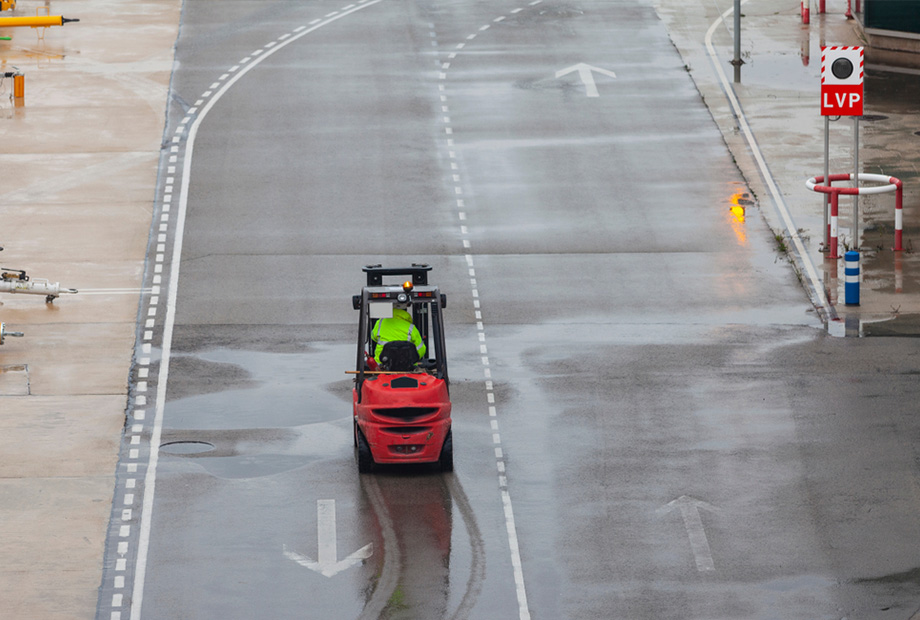
It’s October and winter will soon be here, which and when it comes to operating forklift trucks during the colder season, it’s important to be aware of the risks that can arise. Not only for your operators, but to any pedestrians, as well as your actual trucks and products too.
Harsher weather conditions such as snow and ice can also increase any risks significantly, and these factors are often overlooked. Resulting in organisations having potential accidents and costly issues with their equipment.
So, we’ve got some quick safety tips to help you get your forklift safety prepared for the winter months. When you follow these tips with due care and diligence, you’ll significantly lower the risk of any accident occurring as the colder, darker days set in.
Conduct pre-winter checks
This might be something you already have a reminder in your calendar to do, but if not it’s hugely important to conduct pre-season checks and maintenance on your forklift trucks. By carrying out checks in the run-up to winter, you’ll be able to better protect your operation from unexpected repair bills, downtime and cold-weather related issues in the future. Instruct your operators to regularly check machinery, and of course organise a thorough winter inspection from a professional.
Ensure your staff are properly trained
Of course it’s obvious that anyone who hasn’t gone through the proper training must never attempt to operate a forklift truck, and this is especially true during the colder months. Because operating forklifts in winter requires a different skill set, as there are different hazards to be aware of.
It’s therefore absolutely essential that all staff go through thorough training and regular refreshers to ensure a totally safe working environment.
Carry out additional winter checks
Key components of any forklift can often take some wear and tear during the colder months, when extreme weather is more prevalent. Snow and ice in particular can easily end up causing damage to certain components. So, at the beginning of each day, it’s essential to perform thorough checks to determine if any machinery isn’t in good working order.
It’s much better to spot an issue early than dealing with a forklift breaking down later on. Following the checks outlined in the operator’s manual is recommended and you would’ve received this upon purchase. Remember to give yourself some time to properly warm up the engine and hydraulics before starting work. Even running the machinery idle for a few minutes can help oil to circulate.
Grit walkways and assess pedestrian areas
Slipping and tripping make up a large percentage of accidents in the workplace, in fact it’s the single most common cause of major injury in UK workplaces. As soon as snow and ice start factoring in, things get a lot riskier. Meaning it’s essential to identify which areas are most likely to be affected by adverse weather conditions, for example entrances, car parks, walkways, sloped areas and places that are predominantly in the shade etc.
Make sure to get rid of ice and snow, or other hazards that could impede the safe operation of your equipment. Mark unsafe areas using signage and cones for example, cover walkways or use an insulating material on smaller areas when they’re not in use. And ensure you properly grit areas that have been affected by adverse weather, in order to de-ice them properly. Always allow time for the salt to dissolve into the moisture on the floor. It’s also a good idea to always check the week’s forecast.
So now you’re all clued up on forklift truck safety – Just how safe is your warehouse stacking?
H&F Forklifts are experts in new and used forklifts trucks, as well as repair, servicing and maintenance. Contact our experienced team on 0800 298 8790 to book your free site survey.


